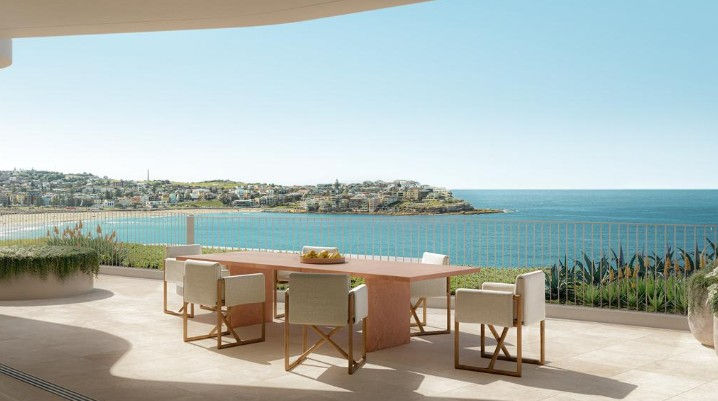8 reasons holiday homes don’t make profitable property investments
- Haynes Wileman

- Jan 30, 2023
- 3 min read
Aussies adore bricks and mortar and so-called ‘lifestyle’ accommodation is no exception, with around 700,000-holiday rentals owned by one in every 12 households.

Typically located in coastal locations or near inland waterways, it’s not surprising that many of us aspire to own our own little piece of paradise in areas where the watery recreation pursuits we crave as a culture are so prevalent.
But those warm fuzzy feelings elicited by the idea of a holiday home should never be the basis of a real estate investment decision because it’s too tempting to “make” the numbers work in order to satisfy your own emotional needs.
So let’s explore 8 important considerations you need to carefully weigh up when working out if you should buy a holiday home…
1. Letting and marketing costs can be high
Remember, this is not a long-term rental property so your tenant market is entirely different.
Hence, you need to use property managers experienced in short-term accommodation letting who will charge more for their services; in some instances, you’ll pay as much as 20% of the rental.
Then there’s the consistent marketing of your holiday-let investment, which essentially has to happen all year round to be effective as people book their vacations months in advance.
These expenses need to be accounted for in your cash flow calculations.
2. Rental yields are not always reliable
Given that holidaymakers seek accommodation seasonally, particularly in traditional summer ‘hotspots’, you can never bank on consistent yields when it comes to a lifestyle investment.
This means you need to be financially capable of sustaining the mortgage repayments and associated costs of holding such an asset, independent of the sporadic income it generates.
3. Maintenance bills can be excessive
Renting out holiday accommodation requires your property to be fully furnished and equipped with the necessities, such as cutlery, glassware, and crockery.
The nature of this short-term rental market means greater wear and tear will be inflicted on your investment than would normally be the case.
It’s more likely you’ll be footing regular bills for repair works due to a greater risk of accidental damage, and will need to replace furnishings and appliances frequently.
4. It may create issues with the taxman
One of the many perks property investors enjoy for providing private rental accommodation in this country is negative gearing.
But in some cases, the ATO will only allow you to claim any legitimate deductions associated with your lifestyle investment during periods where it’s tenanted or available for lease.
This means if you use the property for your pleasure, you might only be able to claim a portion of what would usually be fully deductible costs of ownership.
5. Will you want use of the property during peak rental periods
This decreases its income earning potential and in turn, augments holding costs, which in effect cancels out any savings you think you are making on your holidays.
Owning a holiday home doesn’t mean a lifetime of free sabbaticals, because in one way or another you are paying for it.
In fact, it would probably be cheaper to vacation overseas once a year than own a lifestyle investment!
6. Do you really want to visit the same place every year?
This is something you need to really think about.
While it can be nice to have traditionally favoured family vacation spots, the novelty could soon get old.
Consider all the missed opportunities if you feel obligated to return to your holiday let in order to justify ownership, foregoing other new adventures to exotic locations.
7. It might not live up to expectations
You buy a holiday home with the idea that you’ll enjoy long, lazy summers there with the family.
But if you need it to generate an income in order to continue sustaining all those holding costs, there’s less chance it will be your family enjoying your investment and more likely it will be the short-term tenants you rely on to generate an income.
8. You will sacrifice long-term capital gains
Unless you happen to be one of the lucky millionaires who own a holiday shack in sought-after coastal hotspots like Victoria’s Portsea or Sorrento, the chances of that being you’ll buy a lifestyle property in a location boasting investment-grade assets are slim.





Comments